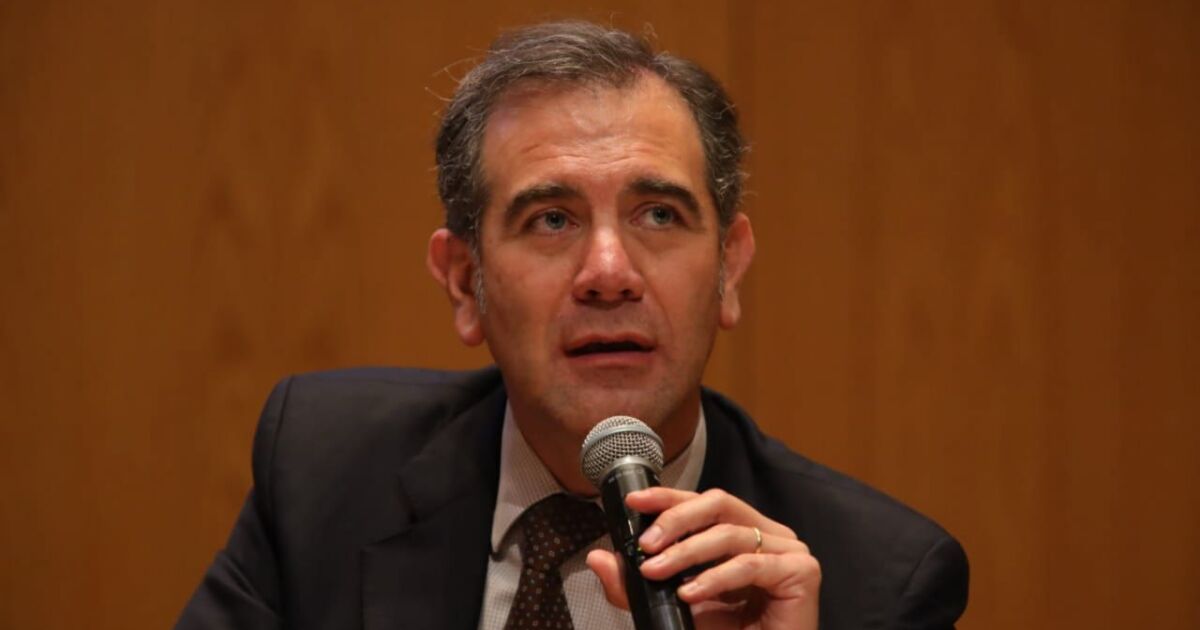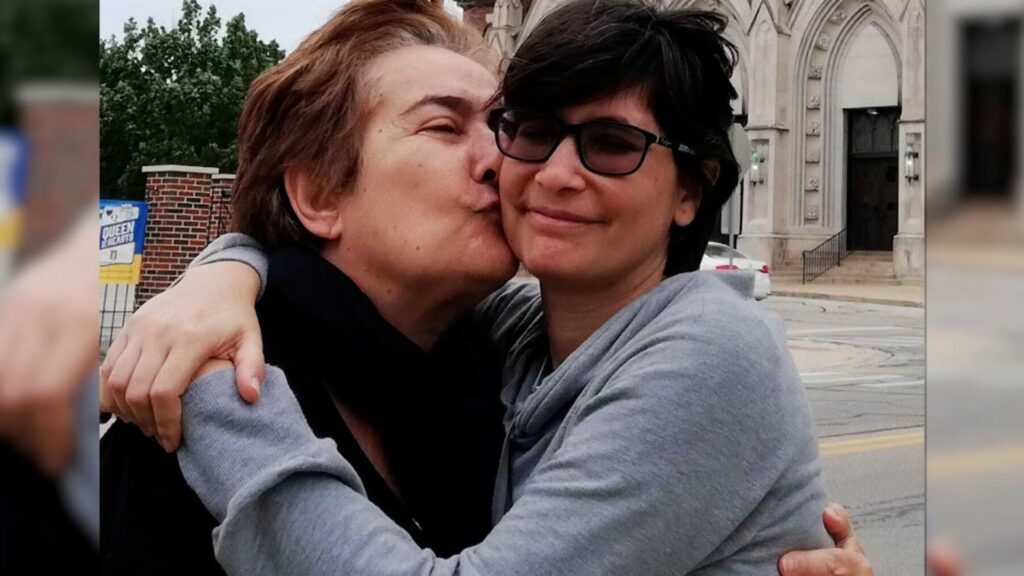But if it is decided to specify it, it must comply with three characteristics to prevent it from becoming a problem: that it be the result of a broad political consensus, to prevent someone who feels excluded from seeing the new rules as an imposition, since that “opens the door to be a problem later, “he said.
The second condition is that the changes are to improve the system. But “if it is for the Ministry of the Interior to control the elections again, it is not worth it, or if it is to exclude and make the system hermetic and non-inclusive, if it is to break the conditions of equality or to concentrate power, it is not It’s worth it,” he said.
The third condition that the eventual reform should have is that it be the product of adequate diagnoses, he determined.
A far-reaching electoral reform, as some political actors have argued, is unnecessary at this time; but a reform distanced from the guidelines that in the past have made it possible to perfect the electoral system is, moreover, inopportune.https://t.co/N2IcLX7SXB
– Lorenzo Córdova V. (@lorenzocordovav)
August 19, 2021
“Let it start from figures and not humours. If the basis of the reform is that I don’t like the INE and I’ve been dragging the INE and the IFE for I don’t know how long, then it’s going to go wrong. A reform has to be supported by a lot of data”, he specified.
The counselor participated in the table “Electoral Agenda: Mandate Revocation and possible reform?”, organized by the Autonomous Technological Institute of Mexico (ITAM), together with the former presidents of the Federal Electoral Institute (IFE) Luis Carlos Ugalde and Leonardo Valdés.
Valdés questioned that the electoral reform initiative proposed by President Andrés Manuel López Obrador takes away permanence and renews the electoral authority of each government.
And if each administration is going to “have its Electoral Institute to organize the election that is going to happen, that is to return to the authoritarian control of the Federal Electoral Commission,” he said.

















